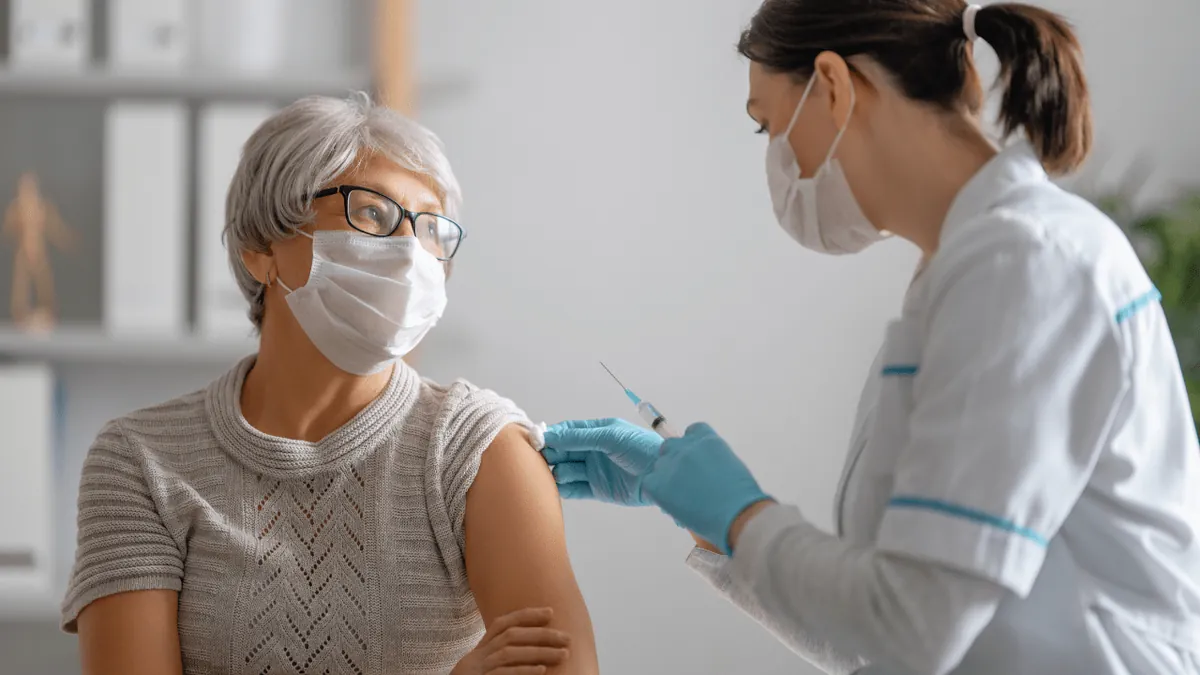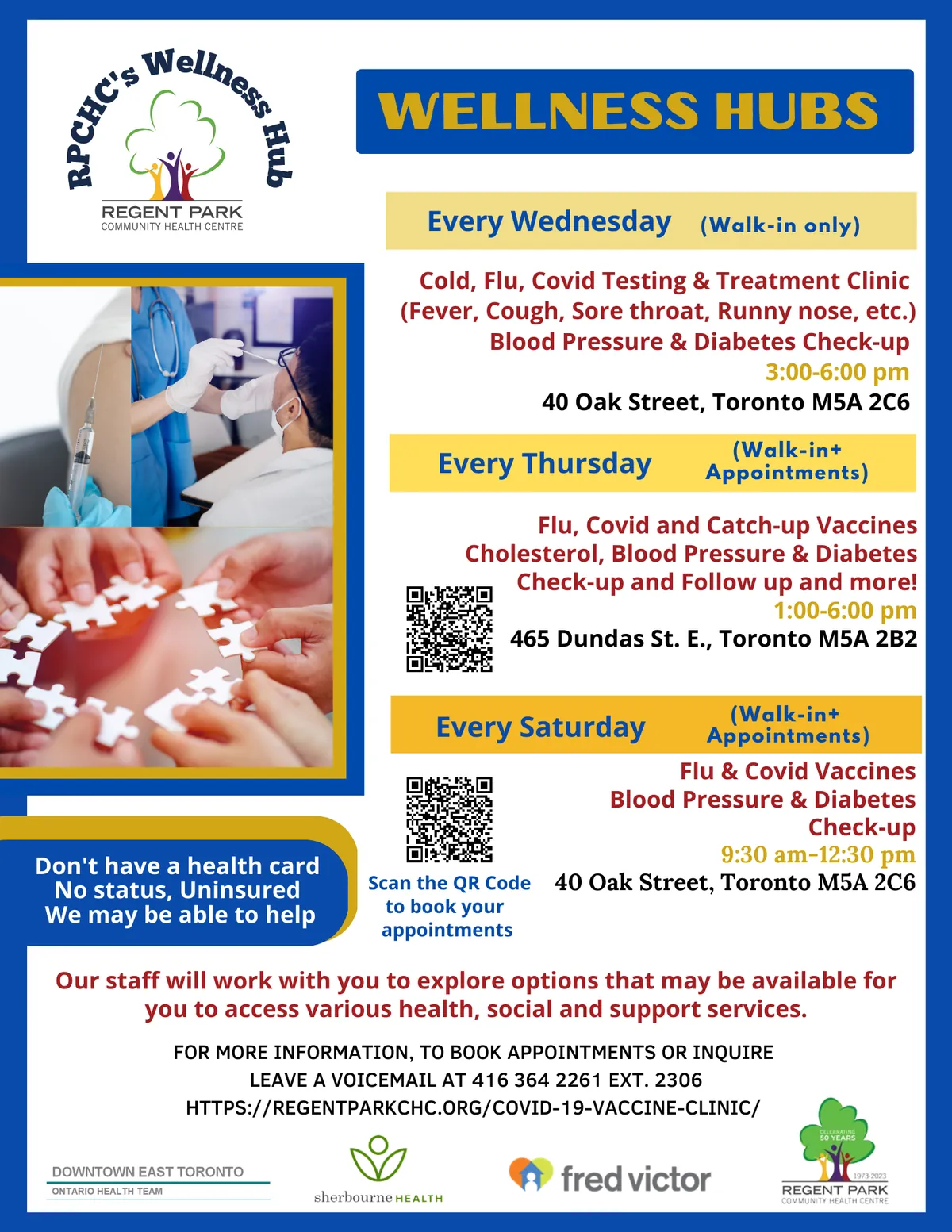US Uninsured Face High Costs for Updated COVID-19 Vaccines
As new COVID-19 vaccines arrive in US pharmacies, uninsured adults discover they're no longer free. The federal Bridge Access Program's funding has ended, raising concerns about vaccine accessibility and public health impacts.

The landscape of COVID-19 vaccination in the United States has shifted dramatically. As updated vaccines reach pharmacy shelves, uninsured adults are confronted with a new reality: shots that were once free now come with a price tag of up to $200.
This change stems from the depletion of funds for the federal Bridge Access Program, which previously covered vaccination costs for uninsured and underinsured individuals. The program's premature conclusion, originally slated for December 2024, is a result of Congress rescinding $6.1 billion in coronavirus emergency spending.
Nicole Savant, a 33-year-old part-time worker who lost her Medicaid benefits, exemplifies the dilemma faced by many. Quoted $201.99 for the vaccine at a CVS, she expressed doubt about affording the shot:
"I have so little money, and I have other needs as well, like monthly medications. I would hope for the best, which I really don't want to do."
The Centers for Disease Control and Prevention (CDC) reports that at least 34 million doses of last year's vaccine were administered to adults, with 1.5 million funded through the Bridge Access Program. The CDC has identified an additional $62 million for vaccine distribution through state and local health agencies, but officials argue this is insufficient to meet overall needs.

Health experts worry that the already low 22% rate of adults staying up-to-date on vaccines may decline further. The approximately 25 million uninsured individuals in the nation are particularly vulnerable, as they tend to have poorer health and often avoid medical care when sick.
Raynard Washington, leader of the Mecklenburg County health department in North Carolina, highlighted the financial strain on health agencies:
"What's at stake is we are reverting back to a system where a person's financial ability to pay will determine their ability to be healthy."
The situation is especially challenging for community health centers, which administered 24 million shots when the federal government provided them. Luis Padilla of the National Association of Community Health Centers noted the need to scale back these programs due to limited resources.
International visitors and undocumented immigrants, who previously had access to free vaccines through the Bridge Access Program, now face additional barriers. This change could have significant public health implications, as these groups often have limited health insurance options.
The current scenario contrasts sharply with the widespread free vaccine distribution in 2021 and 2022. Despite the reduced urgency of vaccination as the virus's toll lessens, health officials still recommend updated shots for most adults due to risk factors and the threat of long COVID.
As the US reverts to its traditional healthcare system, the challenges of vaccine accessibility highlight ongoing struggles in public health infrastructure. The situation underscores the need for continued efforts to ensure equitable access to vital health resources, especially in times of crisis.


































